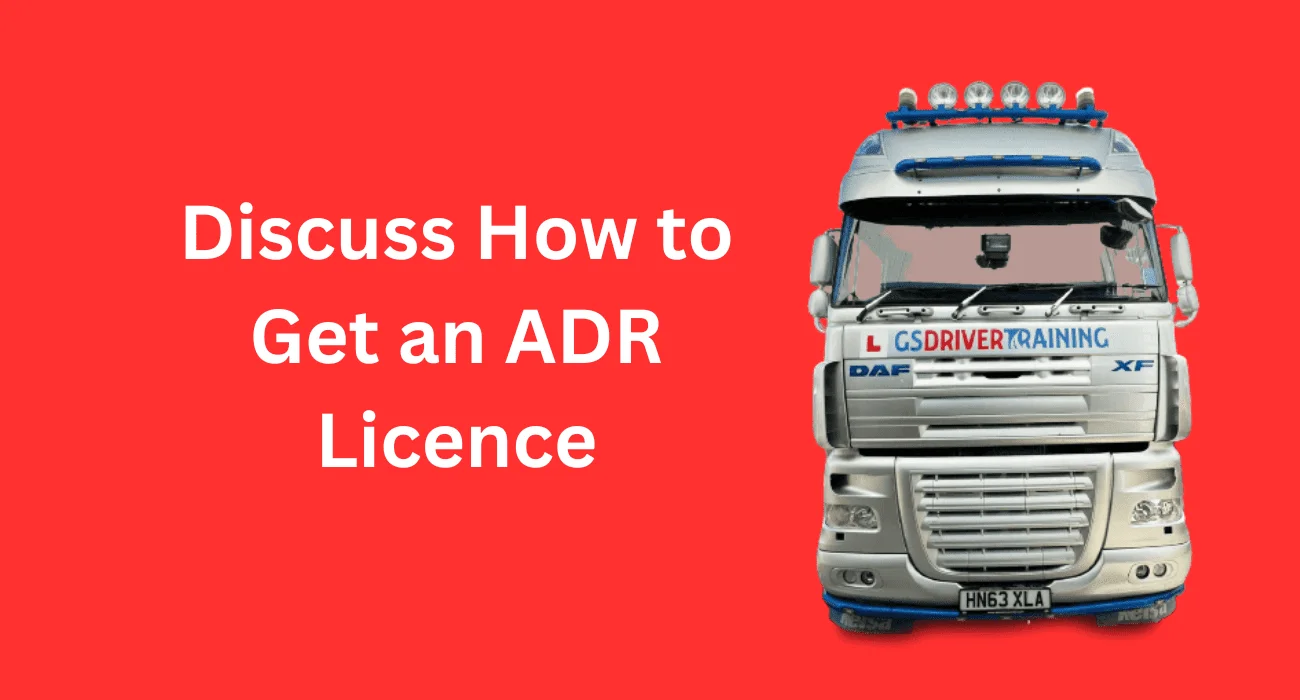Do you want to train yourself for the ADR? Before knowing any training procedure or any necessary criteria about how to get an ADR licence, you need to understand what exactly ADR stands for. ADR is a European agreement that covers the international carriage of dangerous goods by road.
In the danger goods, anything will be included which looks weird. Some examples are explosive gasses, flammable liquids, flammable solids, oxidising substances, toxic substances, radioactive substances, corrosive substances, and miscellaneous substances.
Now moving ahead the question arises of how to get an ADR licence, the answer is very easy. You need to update your research, then you will find that there will be many companies or centers in which the proper ADR driver training is available.
At GS Driver Training you will get the proper knowledge about the ADR and our team will provide you the basic training of ADR so that you will become able to get your ADR licence.
About ADR Licence
An ADR licence is useful for those who want to become an ADR driver, so now if you are one of those who want to become an ADR driver then you need to pass an exam which is for the ADR driving card, that means if you pass that exam then you will get the ADR card.
You can choose any additional training according to your interest. The main purpose of these training sessions is to assure you that you have to carry these dangerous goods.
As we mentioned earlier, the dangerous goods that you carry with an HGV vehicle include:
1.Explosive Gasses
2.Flammable Liquids
3.Flammable Solids
4.Oxidising Substances
5.Toxic Substances
6.Radioactive Substances
7.Corrosive Substances
8.Miscellaneous Substances

But the main thing is that if you want to do so, if you want to carry dangerous goods with any HGV vehicle then make sure to clear your HGV driver training and with this, you may also make sure to obtain your driver CPC card.
Don’t even think that without these two essential training’s, you will be able to train yourself as an ADR driver.
If you are new and do not have knowledge about the ADR licence, training and courses, then do not worry further information will help you a lot. ]
1.Firstly you have to find out what type of dangerous goods you will be comfortable with.
2.After that book a training course.
3.Then try to pass the tests in the first attempt.
4.After all these you will get your ADR card but make sure to check that your information is up-to-date.
5.This process lasts only for 5 years.
Why Need ADR Training?
According to the European Agreement on ADR, drivers must hold a special vocational certificate of training if they will be operating vehicles carrying dangerous goods in packages or driving vehicles equipped with tanks or tank components.
ADR transit isn’t available to every motorist with a Category C licence , though. It may be necessary for drivers with Category B licences to complete ADR training. They will be able to move small, dangerous packages thanks to this.
When the legislation changed in 2004, drivers who transported these items had additional obligations to fulfill. As a result, they had to complete awareness training about the nature of their profession.
Get an ADR Card at GS Driver Training
Do not waste your time by roaming here and there for the ADR driver training. At GS Driver Training you will get the proper guidance from our professional ones. With the help of our team, your journey becomes too easy to get an ADR licence. Join us now or you can get in touch with us by visiting our official website.
Also Read: How to get C1 Licence for Ambulance








